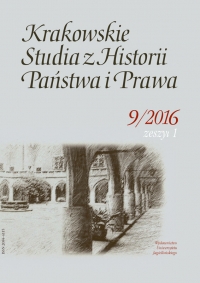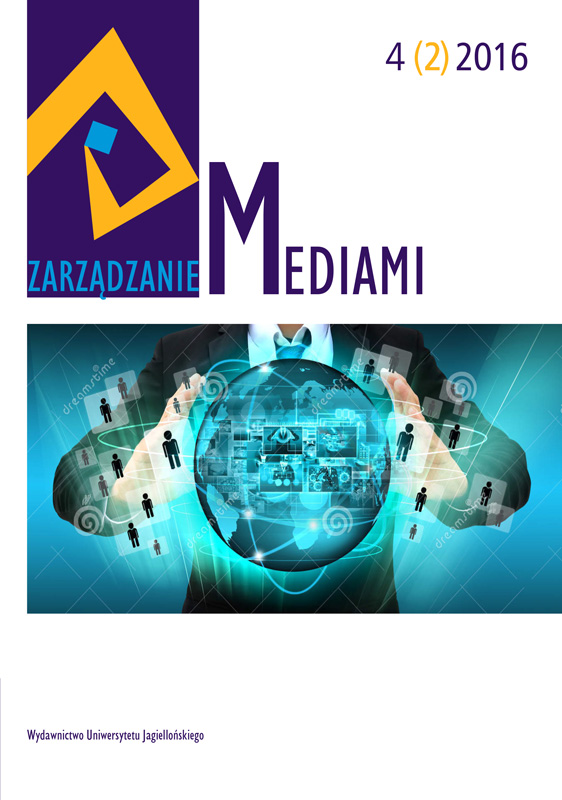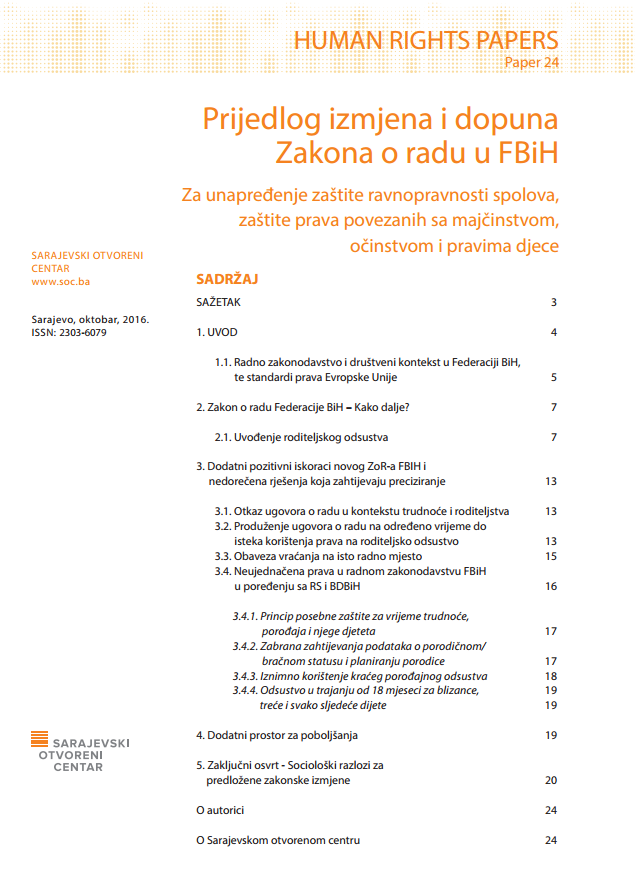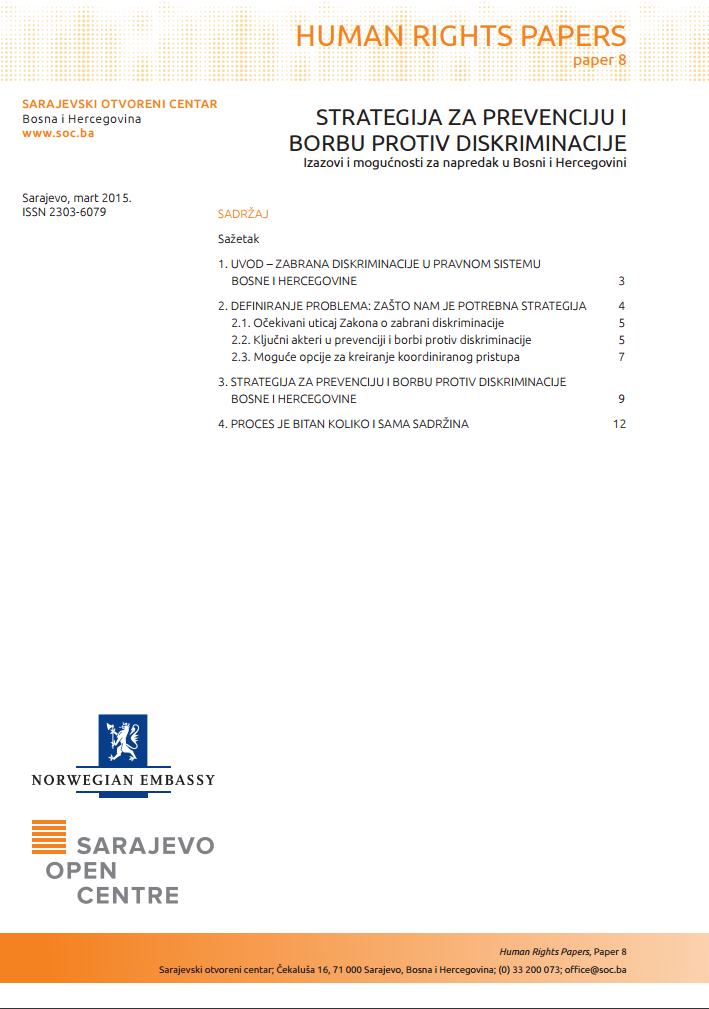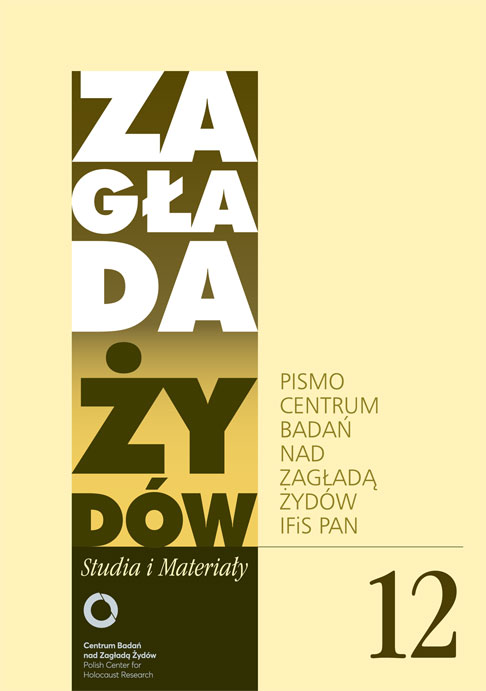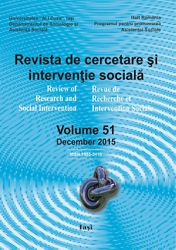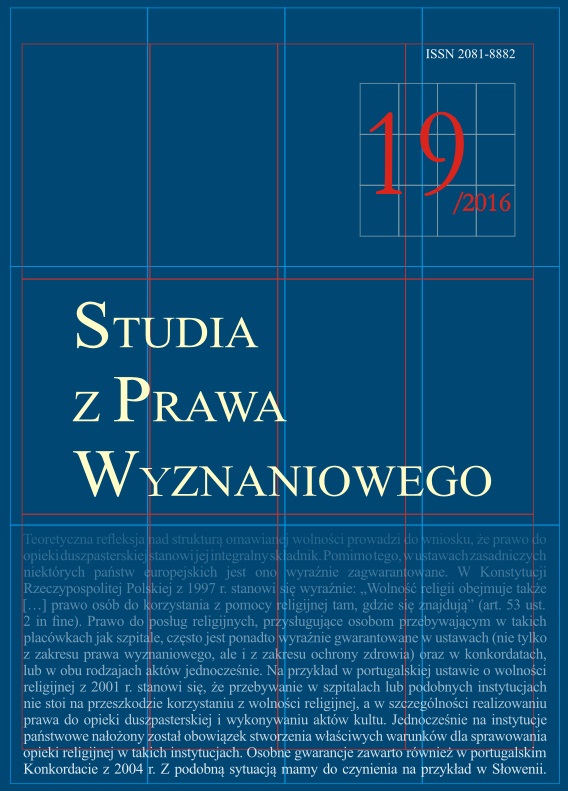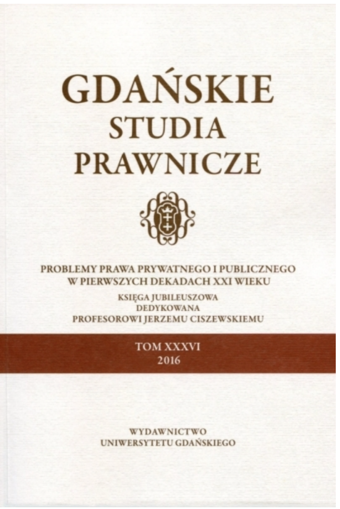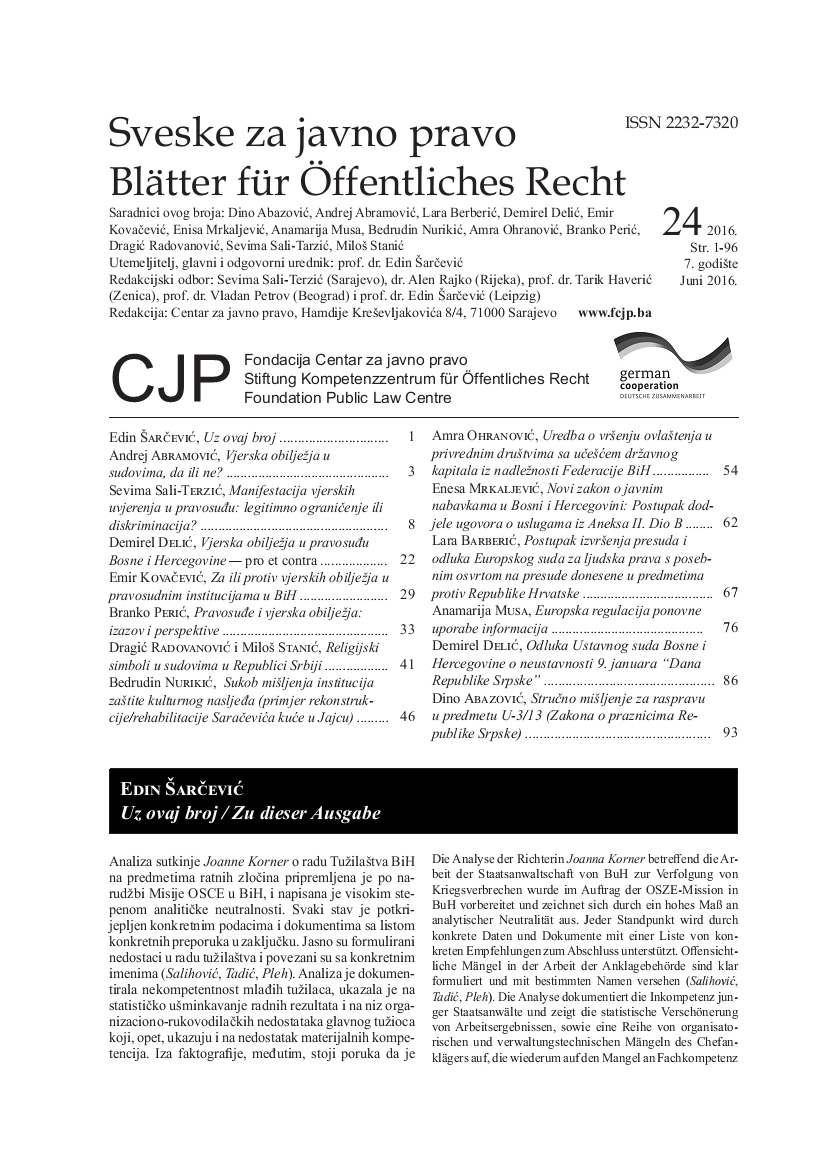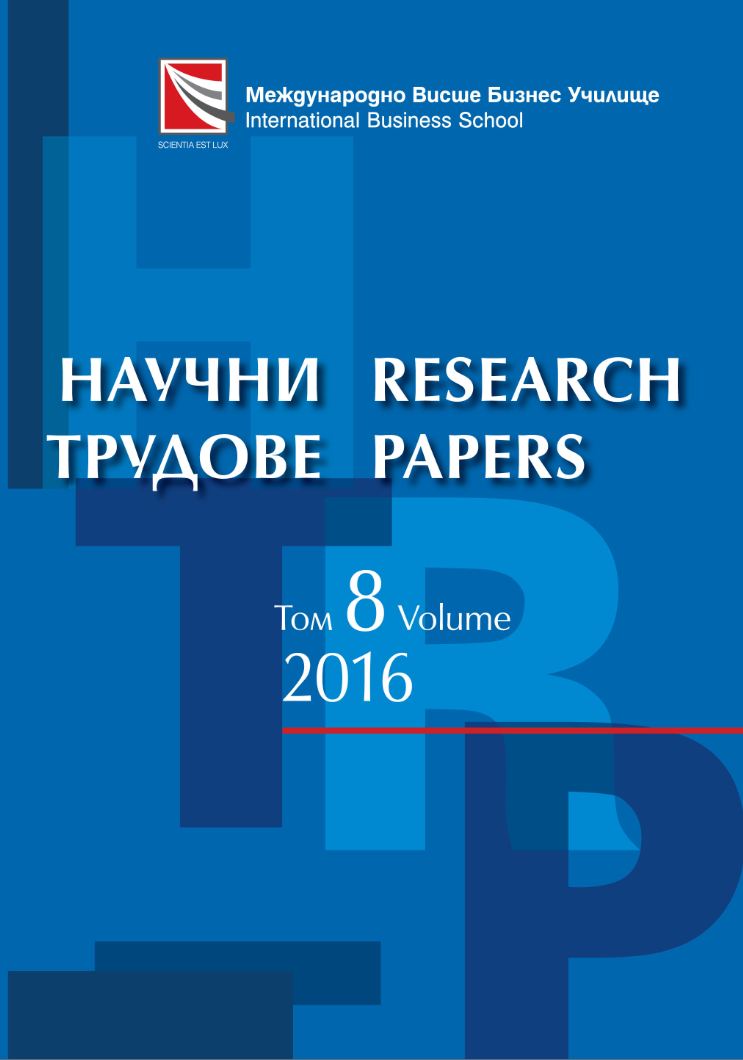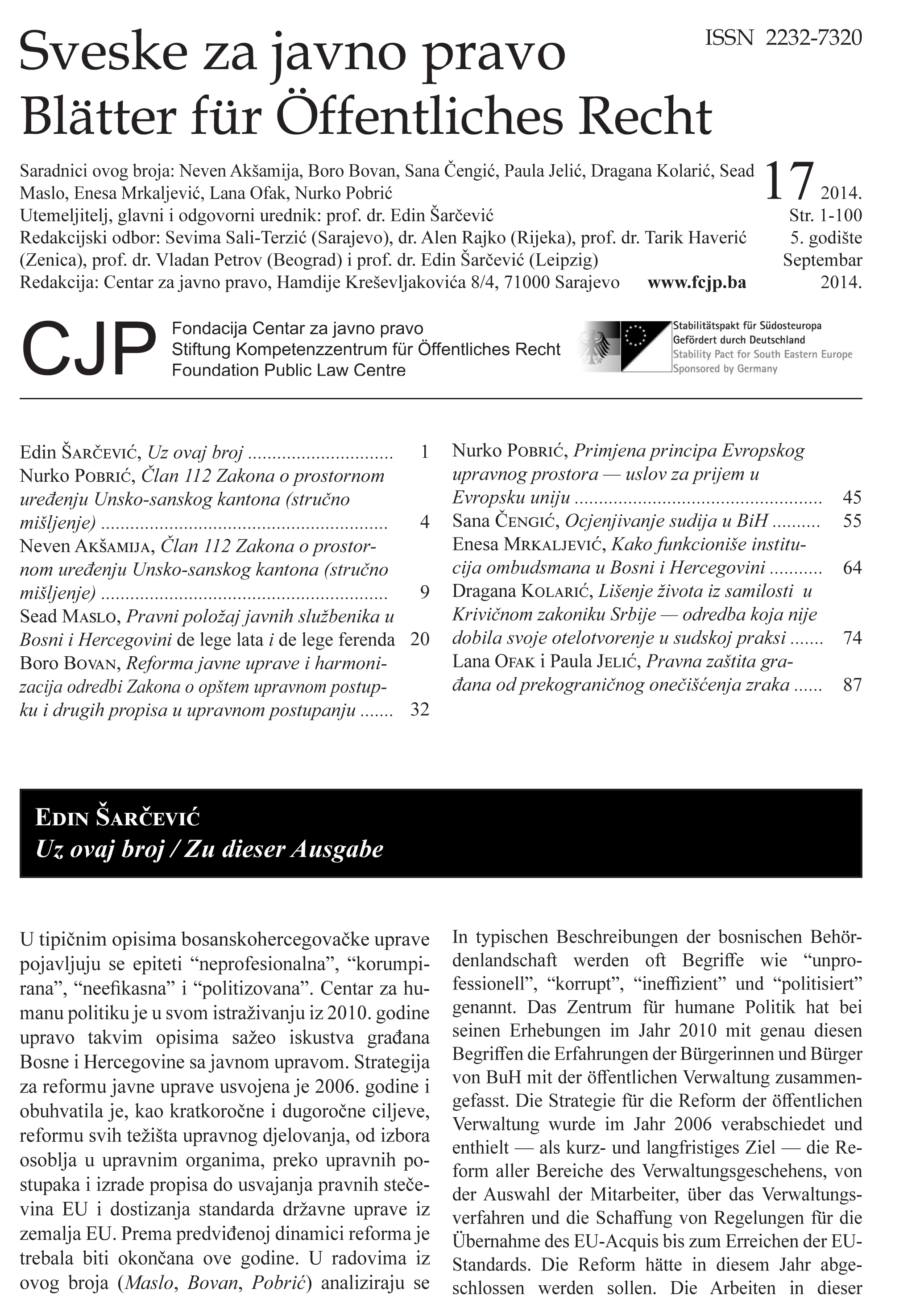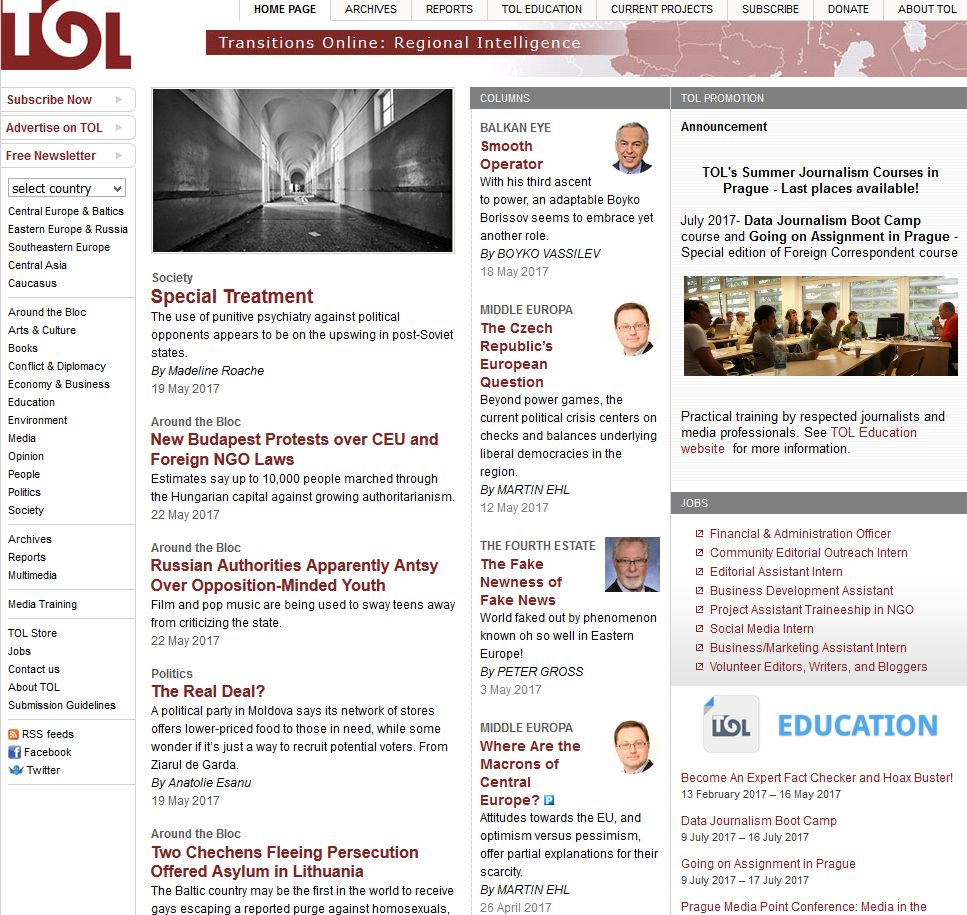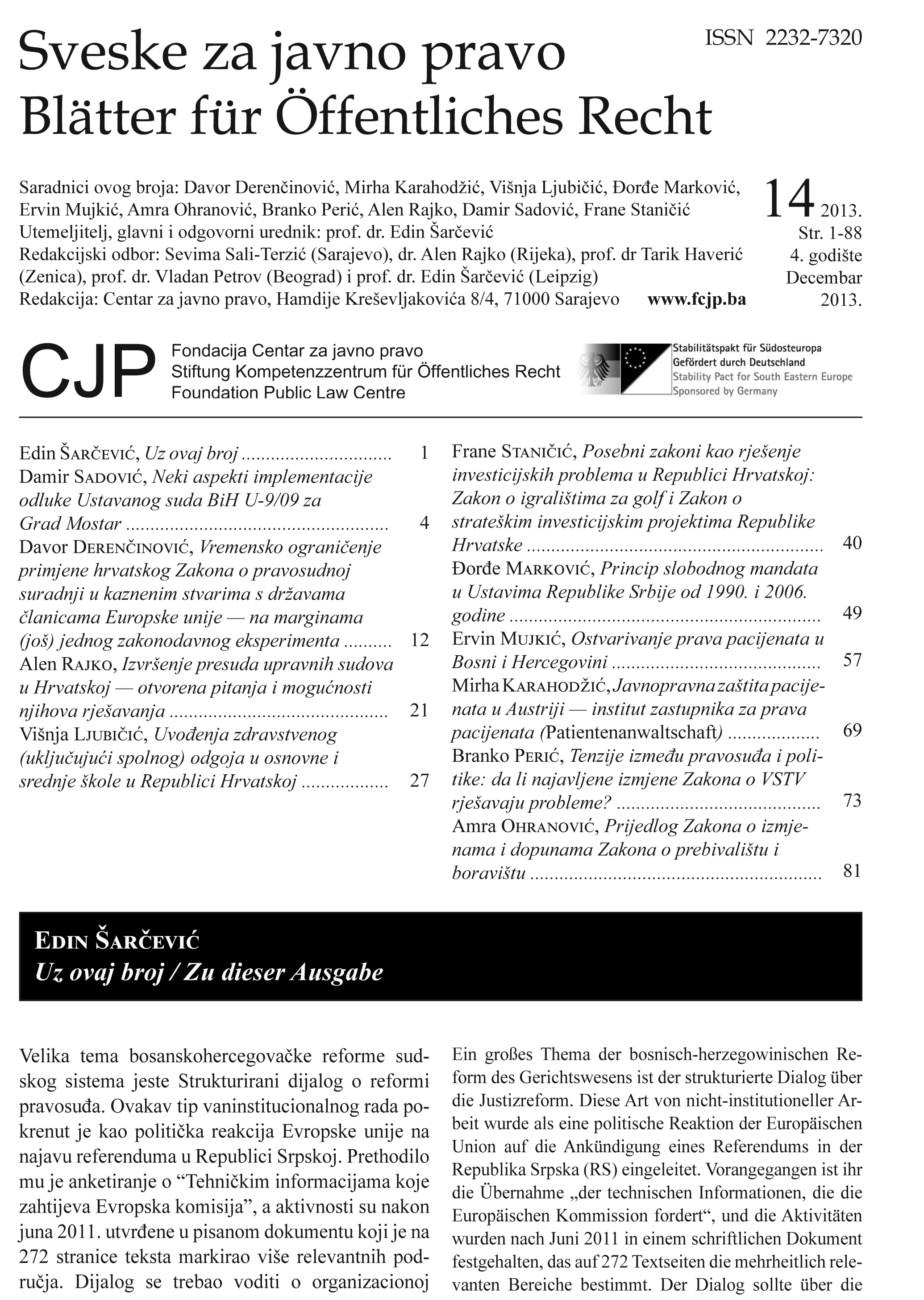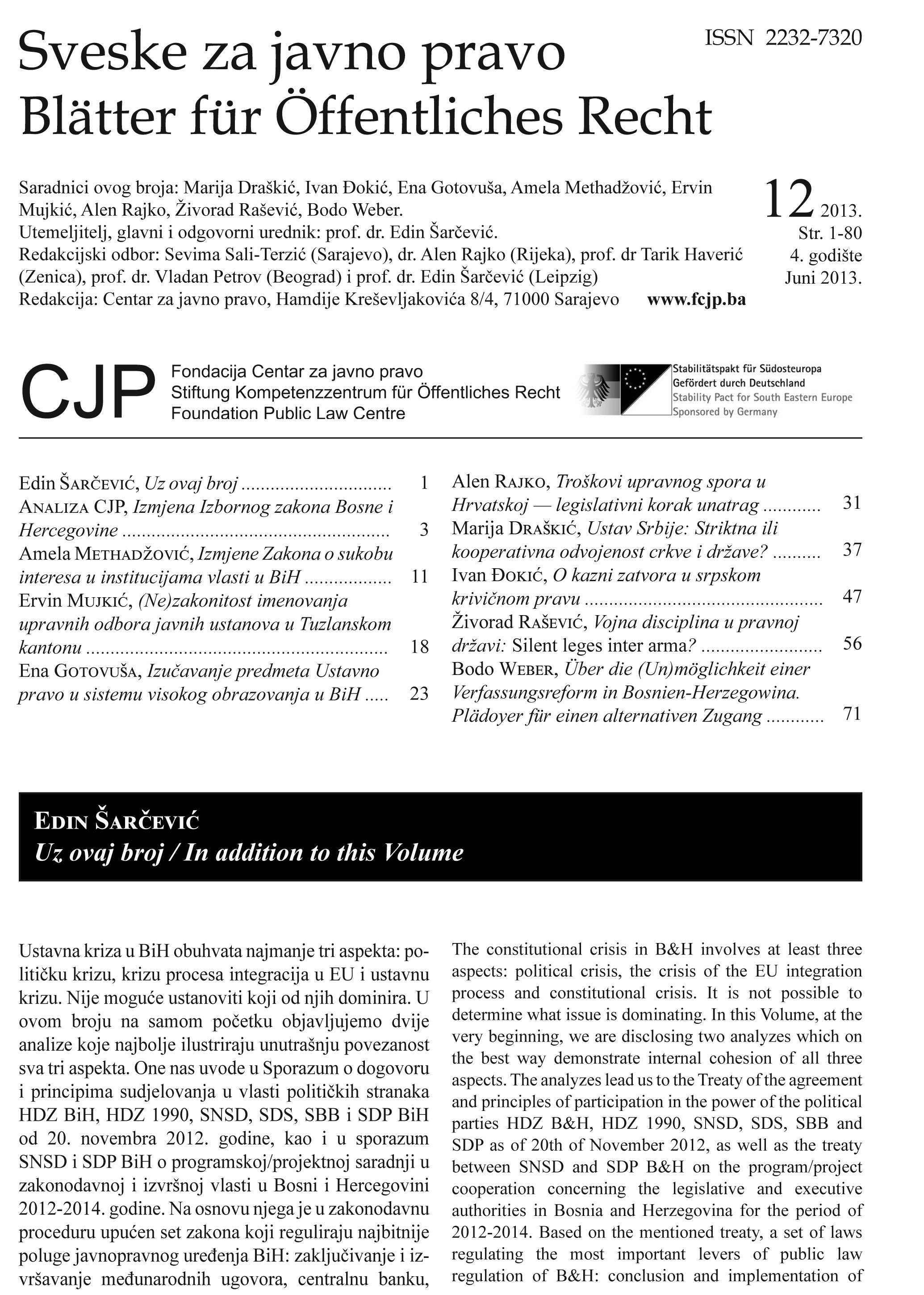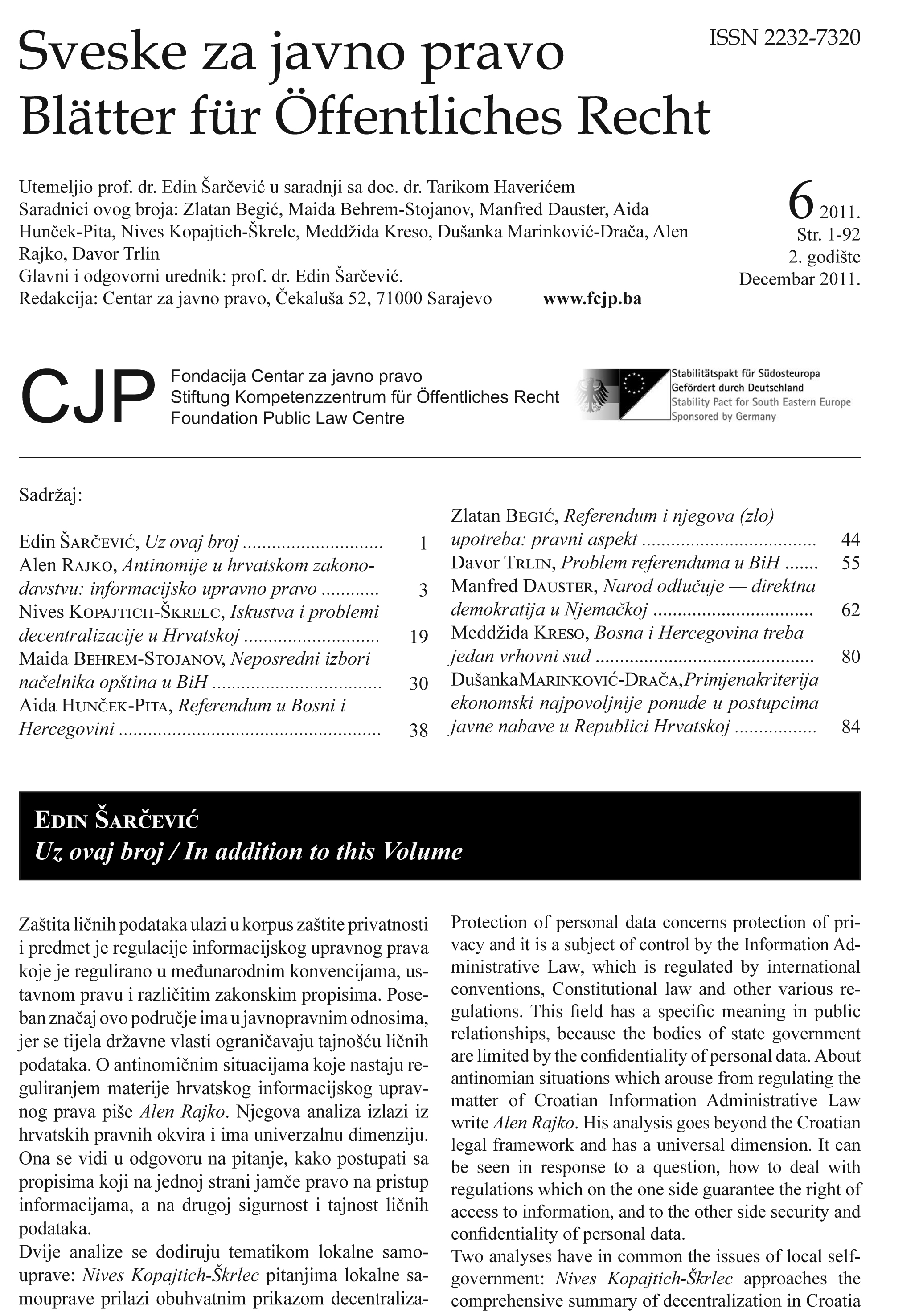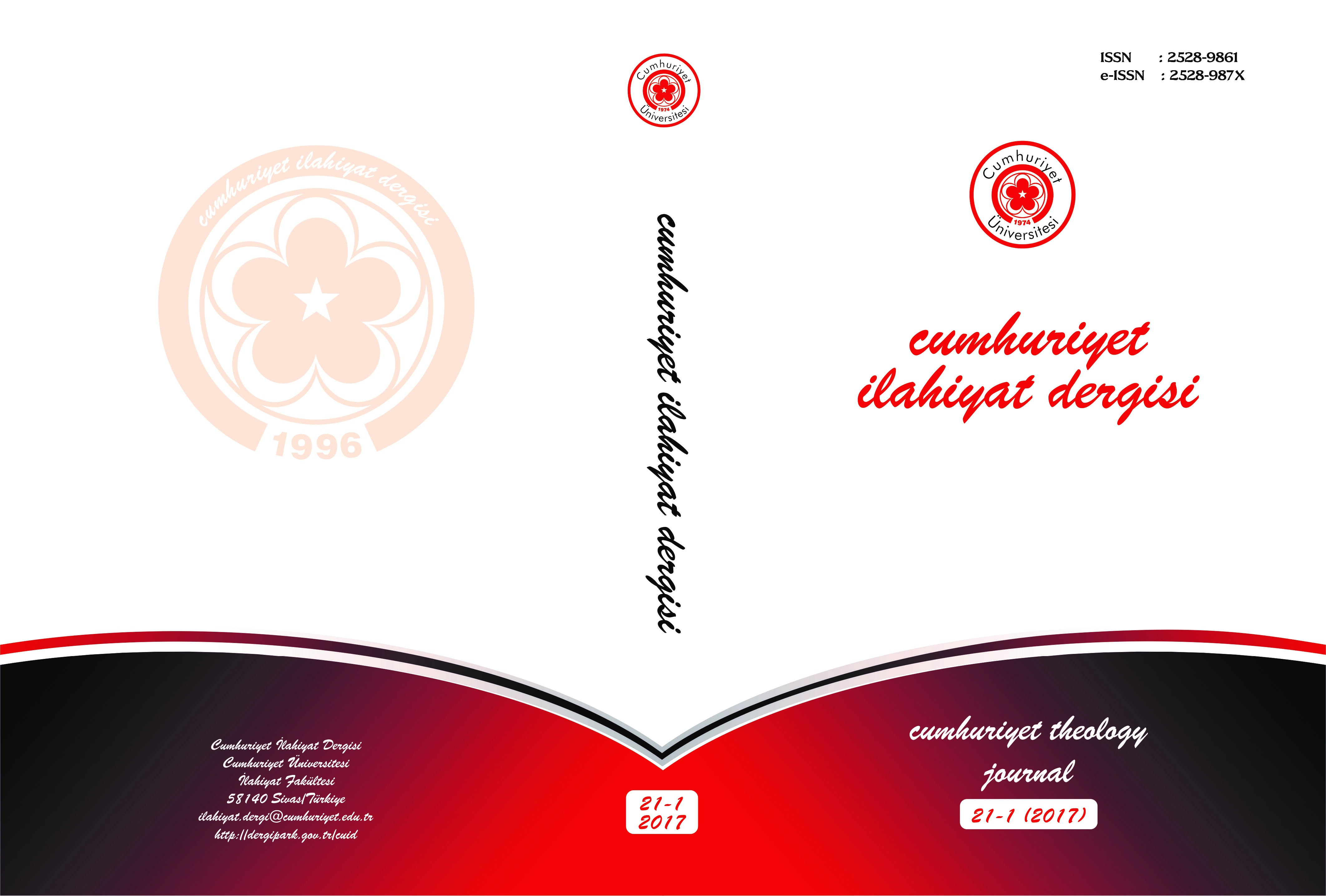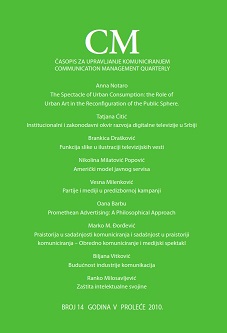Author(s): İbrahim Yılmaz / Language(s): Turkish
Issue: 1/2017
There are two ways to deny the lineage of a child who was born in marriage contract in classical Islamic legal doctrine. The first is to sue in court by husband accusing his wife by adultery. In this case, both the wife and husband swear properly (liʿān / mulāʿana) in the court opened and as a result of the court, the child’s lineage falls from husband. The second is that there are certain special circumstances that are inevitable for the child to be born in marriage from husband in terms of reason and science/ medical point. In such a case, the husband has the right to sue the denial of lineage without the need for a liʿān/mulāʿana application. Nowadays (recently), with the development of science and technology DNA fingerprinting is used as a means of proof in proving the lineage and denying the lineage. Contemporary Islamic law researchers have stood on the issue of the determination or denial of lineage with DNA fingerprint test. This study will focus only on “Denial of Lineage/Paternity by DNA Fingerprint Test in Islamic (Family) Law”.
In Islamic Law has given great importance to determine a lineage truthfuly, and the right for husband to refuse the lineage of a child, who was born in marriage contract as long as the child was from somebody else.
There are two ways to deny the lineage of a child who was born in marriage contract in classical Islamic legal doctrine. The first way is the method known/called as liʿān/mulāʿana. As a legal term the liʿān/mulāʿana is both the wife’s and husband’s swearing in the court opened for denial of lineage (liʿān) after the husband’s blaming his wife for adultry (qazif).
The second way which makes the child's paternity impossible to husband are conditions such as knowing with certainty that the woman got pregnant from someone else before mariage contract or her giving birth after marriage contract before six month completed; realizing that the husband could not have (was not able to have) a child because of his biological and/or physiological defects (disabilities) and/or the sexual intercourse between the husband and wife is not possible. In such circumstances, the right to refuse the lineage of this child who was born in marriage contract has been legitimated to the husband without liʿān.
Nowadays (recently), with the development of science and technology, DNA fingerprinting is used as a proof in denial or approval of the lineage cases.
DNA fingerprint is defined as the genetic code transmitting from parents to children through inheritance, that signifies each individual’s particular biological identity and that is possible to be known within the framework of specific scientific guidelines.
There are differences as well as similarities in the physiological structure/creation (phenotype) of each person. In the same way, each person's biological and genetic structure/characteristics (genotype) are similar to each other but there are some differences between them. As a matter of fact, it has been scientifically proven that people who look physiologically very similar are different from other people in terms of biological/genetic (genotype) characteristics such as "fingerprints, phonemes, scent marks and DNA fingerprints".
On the other hand, the determination or denial of lineage is closely related to many legal issues as inheritance, custody, marriage (marriage prohibition), hıdane (right of protection and training), right of alimony, āqila, witness, etc.
That is why, in Islamic law, in the case of a precise information, evidence or a strong possibility about the child born in a true marriage is adulterated or belongs to the pre-wedding/before the wedding, the husband has been given the right to refuse the child's lineage/surname by resorting to the liʿān or without resorting to the liʿān.
As understood from the verses (al-Nur 24/6-9) concerning the subject, the practice of liʿān has been made legitimate for the husband who cannot prove an adulterous crime to his wife with four witnesses. Hence, if the husband accuses his wife of adultery and proves it with four witnesses or the wife confesses adultery, there is no need for liʿān application and a penalty for adultery (hadd) is imposed on a woman because the wife’s adultery is certain with the witnesses and the application of liʿān is not needed.
In that case, just as it is in the evidence of adultery, also on the issue of lineage’s denial, the husband should have the right to refuse the child's lineage when he claims that he did not impregnate his wife or that the child born in their marriage does not belong to him and he proves it by DNA fingerprint test without the need for liʿān application. Accordingly, if the DNA fingerprint test reveals that the child is from the husband, a slander (qazif) penalty is applied to the husband because he blamed his wife for adultery (qazif) and could not prove it. However, if the DNA fingerprint test reveals that the child is from someone else but the child's lineage cannot be annexed to husband, adultery is not applied to the woman because of the possibility that the pregnancy may be by way of rape (enforcement to sexual intercourse) or as a result of suspected sexual intercourse.
On the other hand, the application of liʿān related with the denial of lineage is an exceptional rule. The main issue is to prove with four witnesses that the child is the result of adultery. Therefore, religiously, the liʿān is not an application that must be done with worship consciousness and that makes one a sinner when abandoned. According to this, to accept the DNA fingerprint test as evidence is not to cancel the liʿān application, on the contrary, it is to abandon it because it does not need the liʿān application. Therefore, the application of the liʿān will continue to be in effect where there is no opportunity to apply DNA fingerprint testing.
As a result, on “Denial of The Lineage/Paternity by DNA Fingerprint Test in Islamic Family Law” it is possible to say
The Qur'an and the Sunnah, the main sources of Islam, encourage and require wisdom and practice in accordance with it. Therefore, there should not be any objection to the use of DNA fingerprint testing, which is a scientific proof, in the case of lineage denial as well as lineage approval.
As a matter of fact, the general rule expressed by Shafiî jurist el-Maverdî (d. 450/1058) about matter of lineage’s denial “If the scientific facts indicate that the child is not from the husband, the child's lineage is rejected without the need for the liʿān application” (Māverdī, āl-Hâvi al-kabīr, 9: 159), shows that the means of modern/scientific proof such as DNA fingerprint testing will be accepted in the matter of lineage’s denial in Islamic law.
Therefore, in accordance with the provision of the verse: “Call them (your adopted children) with the name of their fathers. This is more righteous and just in the sight of Allah” (al-Ahzab 33/5), in order to ensure the identification of lineage truthfuly, the husband must have the right to refuse the lineage of a child who is proven, by a DNA fingerprint test, not to belong to him without the need for a liʿān application .
More...
